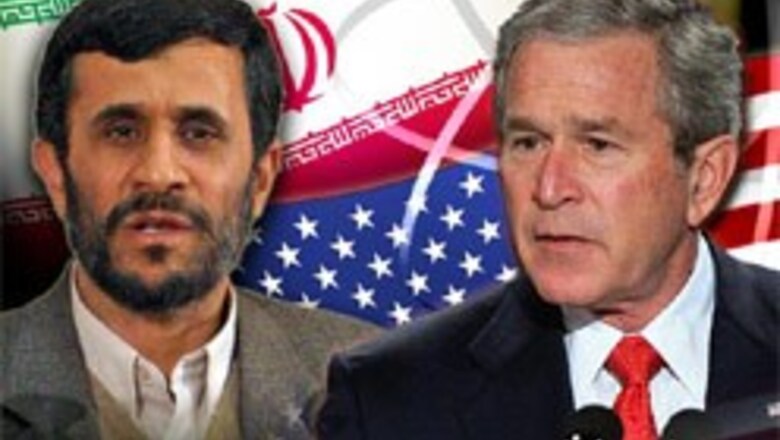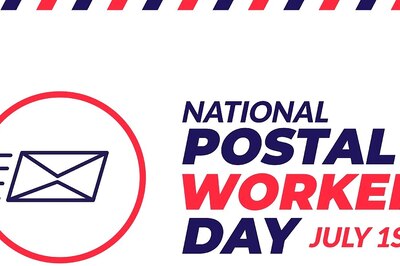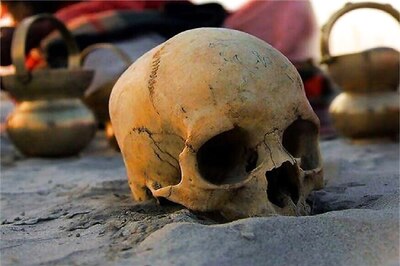
views
Washington: The US has condemned Iran's announcement it has successfully enriched uranium for nuclear fuel, saying "once again they have chosen the pathway of defiance."
On Tuesday, President Mahmoud Ahmadinejad confirmed Iran had produced low-grade enriched uranium to power nuclear plants, a move greeted with jubilation on the streets of Tehran.
But the West, led by the US, believes that Iran plans to build nuclear weapons, and says the move only underscores why the global community has serious concerns about Tehran's nuclear ambitions.
"Once again they have chosen the pathway of defiance as opposed to the pathway of cooperation. And we would call upon the Iranian regime to reconsider the steps that it has taken," US State Department spokesman Sean McCormack told reporters in Washington.
That view was echoed by White House spokesman Scott McClellan, who said Iran should be taking steps to renew confidence in its nuclear intentions, instead of moving in the "wrong direction."
Iran's move would only result in further isolation, and the United States will have to consult with its allies on what the next step in the diplomatic standoff would be, McClellan said.
The head of the International Atomic Energy Agency is due to travel to Tehran on Wednesday, and Iran's ally Russia says it hopes Mohammed ElBaradei's visit will help settles questions about Iran's nuclear program.
Britain reiterated the UN Security Council's demand that Iran halt its enrichment program.
Tehran, for its part, says that the country has a right to produce nuclear fuel for peaceful purposes.
Talks between Iran and Britain, France and Germany stalled in January when Iran began small-scale uranium enrichment and ended its voluntary cooperation with the IAEA, which had been conducting surprise inspections.
PAGE_BREAK
IAEA inspectors are at a facility in Natanz, but it is unclear whether they witnessed the enrichment process, which took place on Sunday.
Earlier Tuesday, Gholamreza Aghazadeh, head of Iran's atomic energy agency, said Natanz had enriched uranium at 3.5 percent -- a low-grade level sufficient to run a power plant, but far below the 90 percent required for weapons.
Former President Hashemi Rafsanjani said ElBaradei would face "new circumstances" when he arrives but did not elaborate.
The attention given by the West had made Iran's nuclear program "extremely complicated," Rafsanjani said, adding that "Iran is very serious about defending its legal rights."
Bush administration officials say they are pursuing a diplomatic solution with Iran even as they have been fending off questions over a report in this week's issue of The New Yorker magazine that preparations for military strikes on Iran -- possibly including nuclear weapons -- have gone "beyond contingency planning."
Defense Secretary Donald Rumsfeld dismissed that report, written by journalist Seymour Hersh, as a trip to "fantasy land."
"Let me be clear: The department's policy is the president's policy," Rumsfeld said. "President Bush and America's allies are on a diplomatic track."
According to the IAEA, 31 nations have nuclear power plants, either in operation or under construction.




















Comments
0 comment